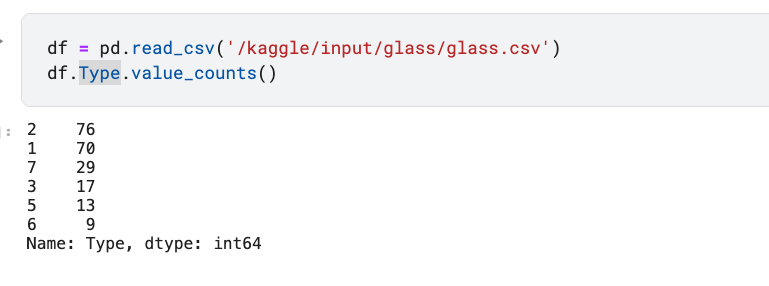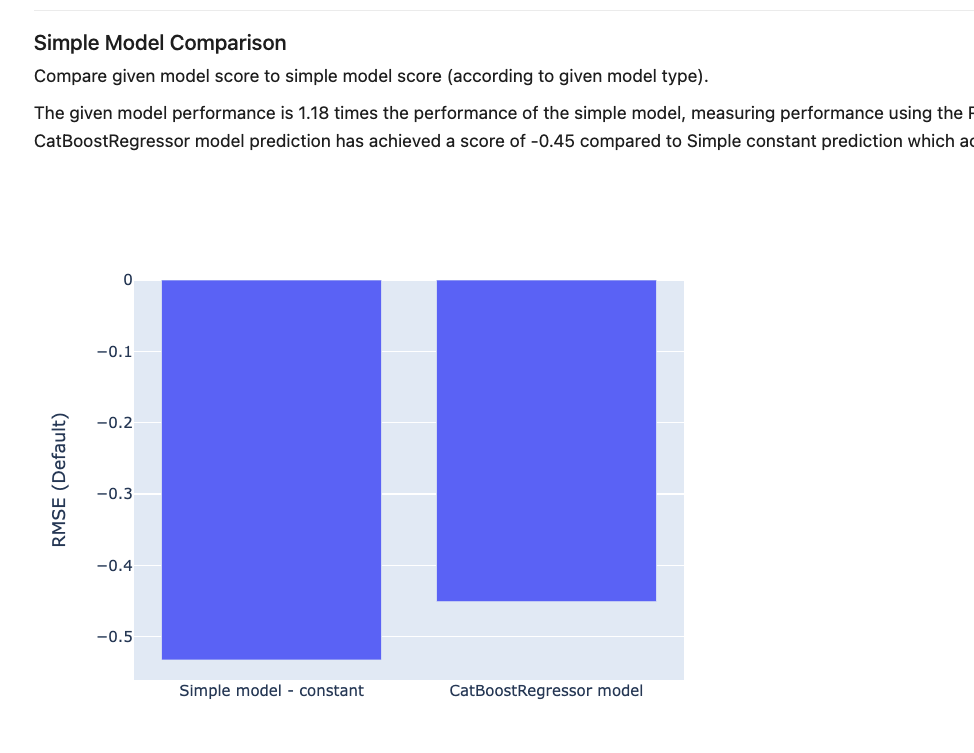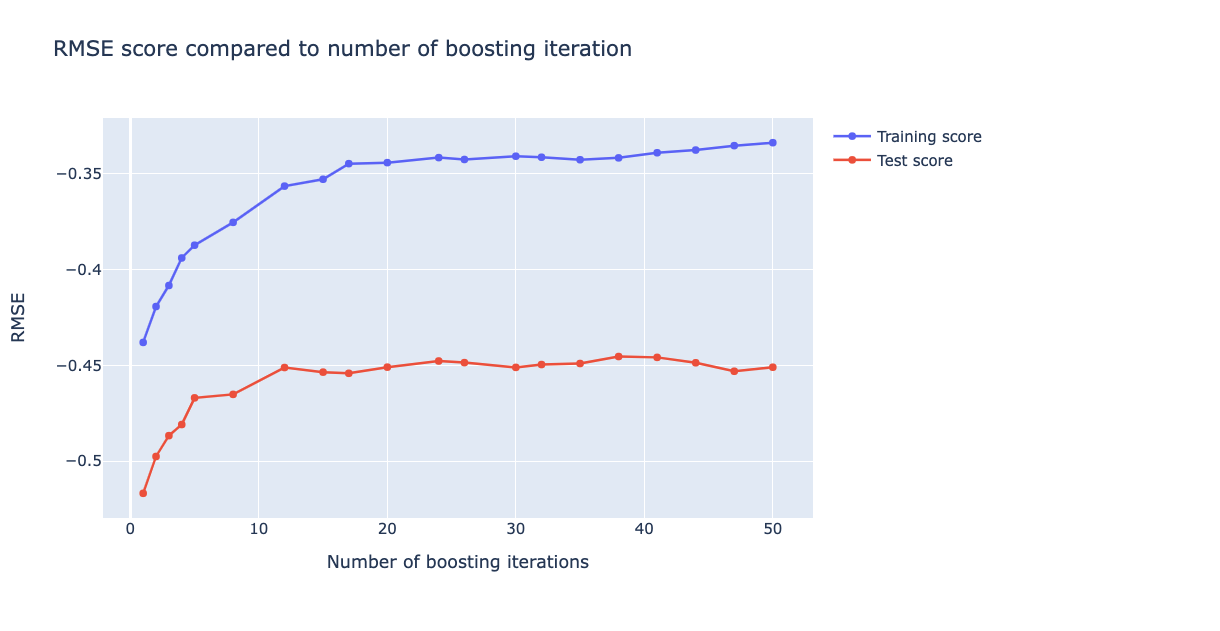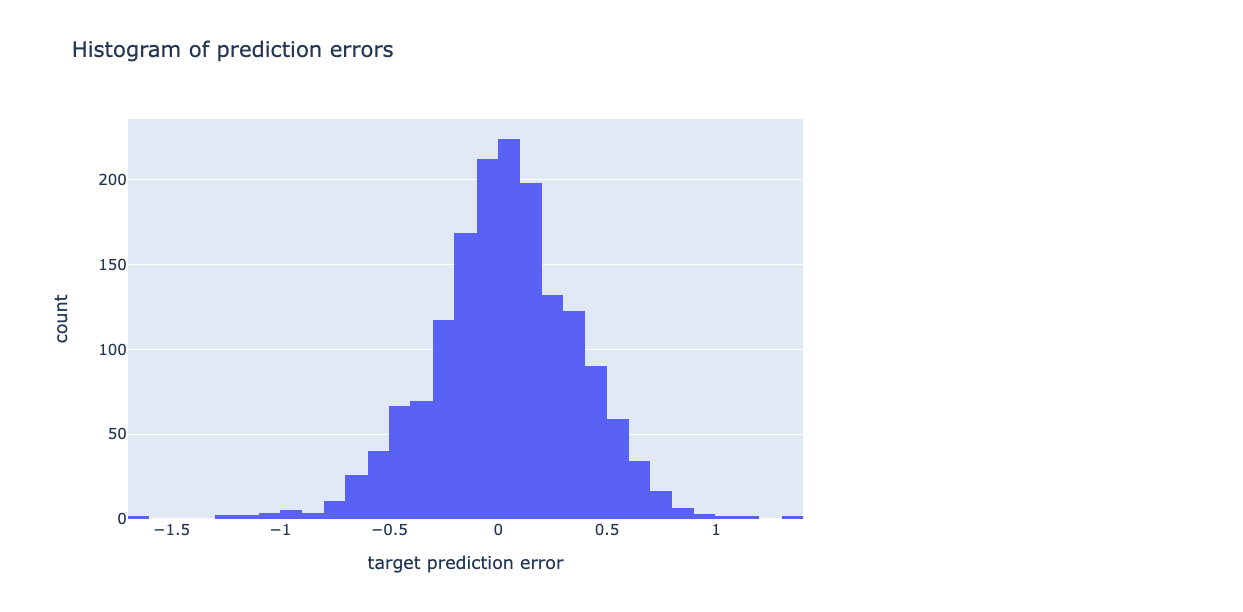---------------------------------------------------------------------------
MemoryError Traceback (most recent call last)
/tmp/ipykernel_34/2864323761.py in <module>
1 from deepchecks.checks import LabelAmbiguity
2
----> 3 LabelAmbiguity().run(ds_train)
/opt/conda/lib/python3.7/site-packages/deepchecks/base/check.py in wrapped(*args, **kwargs)
275 @wraps(func)
276 def wrapped(*args, **kwargs):
--> 277 result = func(*args, **kwargs)
278 if not isinstance(result, CheckResult):
279 raise DeepchecksValueError(f'Check {class_instance.name()} expected to return CheckResult bot got: '
/opt/conda/lib/python3.7/site-packages/deepchecks/checks/integrity/label_ambiguity.py in run(self, dataset, model)
64
65 group_unique_data = dataset.data.groupby(dataset.features, dropna=False)
---> 66 group_unique_labels = group_unique_data.nunique()[label_col]
67
68 num_ambiguous = 0
/opt/conda/lib/python3.7/site-packages/pandas/core/groupby/generic.py in nunique(self, dropna)
1803 obj = self._obj_with_exclusions
1804 results = self._apply_to_column_groupbys(
-> 1805 lambda sgb: sgb.nunique(dropna), obj=obj
1806 )
1807
/opt/conda/lib/python3.7/site-packages/pandas/core/groupby/generic.py in _apply_to_column_groupbys(self, func, obj)
1709 columns = obj.columns
1710 results = [
-> 1711 func(col_groupby) for _, col_groupby in self._iterate_column_groupbys(obj)
1712 ]
1713
/opt/conda/lib/python3.7/site-packages/pandas/core/groupby/generic.py in <listcomp>(.0)
1709 columns = obj.columns
1710 results = [
-> 1711 func(col_groupby) for _, col_groupby in self._iterate_column_groupbys(obj)
1712 ]
1713
/opt/conda/lib/python3.7/site-packages/pandas/core/groupby/generic.py in <lambda>(sgb)
1803 obj = self._obj_with_exclusions
1804 results = self._apply_to_column_groupbys(
-> 1805 lambda sgb: sgb.nunique(dropna), obj=obj
1806 )
1807
/opt/conda/lib/python3.7/site-packages/pandas/core/groupby/generic.py in nunique(self, dropna)
671
672 result = self.obj._constructor(res, index=ri, name=self.obj.name)
--> 673 return self._reindex_output(result, fill_value=0)
674
675 @doc(Series.describe)
/opt/conda/lib/python3.7/site-packages/pandas/core/groupby/groupby.py in _reindex_output(self, output, fill_value)
3163 levels_list = [ping.group_index for ping in groupings]
3164 index, _ = MultiIndex.from_product(
-> 3165 levels_list, names=self.grouper.names
3166 ).sortlevel()
3167
/opt/conda/lib/python3.7/site-packages/pandas/core/indexes/multi.py in from_product(cls, iterables, sortorder, names)
618
619 # codes are all ndarrays, so cartesian_product is lossless
--> 620 codes = cartesian_product(codes)
621 return cls(levels, codes, sortorder=sortorder, names=names)
622
/opt/conda/lib/python3.7/site-packages/pandas/core/reshape/util.py in cartesian_product(X)
52 b = np.zeros_like(cumprodX)
53
---> 54 return [tile_compat(np.repeat(x, b[i]), np.product(a[i])) for i, x in enumerate(X)]
55
56
/opt/conda/lib/python3.7/site-packages/pandas/core/reshape/util.py in <listcomp>(.0)
52 b = np.zeros_like(cumprodX)
53
---> 54 return [tile_compat(np.repeat(x, b[i]), np.product(a[i])) for i, x in enumerate(X)]
55
56
<__array_function__ internals> in repeat(*args, **kwargs)
/opt/conda/lib/python3.7/site-packages/numpy/core/fromnumeric.py in repeat(a, repeats, axis)
477
478 """
--> 479 return _wrapfunc(a, 'repeat', repeats, axis=axis)
480
481
/opt/conda/lib/python3.7/site-packages/numpy/core/fromnumeric.py in _wrapfunc(obj, method, *args, **kwds)
56
57 try:
---> 58 return bound(*args, **kwds)
59 except TypeError:
60 # A TypeError occurs if the object does have such a method in its
MemoryError: Unable to allocate 45.3 PiB for an array with shape (25499357367644160,) and data type int16



















